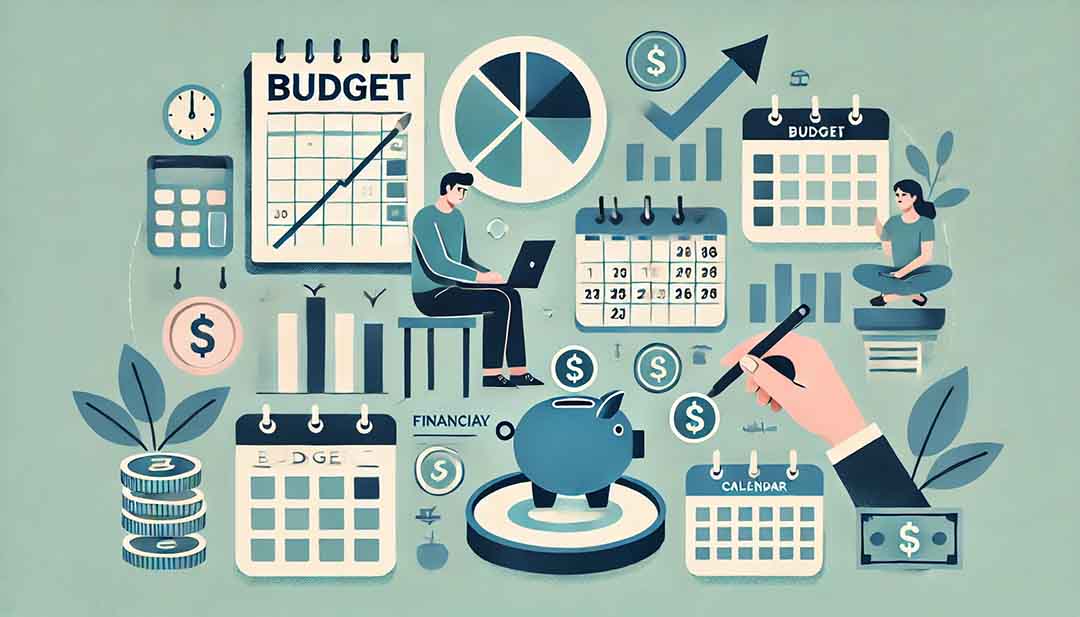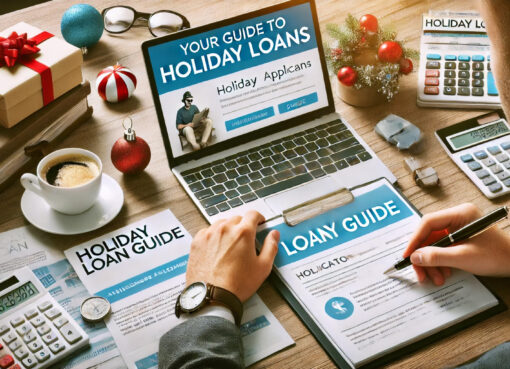How to Create and Stick to a Budget

Creating and sticking to a budget is a fundamental step towards achieving financial stability and reaching your financial goals. A well-planned budget helps you manage your income, control your expenses, and ensure that you save and invest for the future. This article provides a comprehensive guide on how to create and stick to a budget effectively.
1. Understand Your Income
The first step in creating a budget is understanding your total income. This includes all sources of income, such as:
- Salary: Your regular paycheck after taxes and other deductions.
- Side Hustles: Any additional income from freelance work, part-time jobs, or gig economy jobs.
- Investments: Earnings from investments such as dividends, interest, or rental income.
- Other Sources: Any other income such as alimony, child support, or government benefits.
2. Track Your Expenses
To create an effective budget, you need to know where your money is going. Track your expenses for a month to get a clear picture of your spending habits. Categorize your expenses into:
- Fixed Expenses: Regular, unchanging expenses such as rent/mortgage, utilities, insurance, and loan payments.
- Variable Expenses: Fluctuating expenses such as groceries, transportation, entertainment, and dining out.
- Discretionary Expenses: Non-essential spending such as hobbies, subscriptions, and luxury items.
3. Set Financial Goals
Setting financial goals gives your budget a purpose and helps you stay motivated. Your goals should be:
- Specific: Clearly define what you want to achieve (e.g., save $5,000 for a vacation).
- Measurable: Ensure your goal can be tracked and measured.
- Achievable: Set realistic goals that you can attain within a given timeframe.
- Relevant: Make sure your goals align with your financial situation and long-term objectives.
- Time-bound: Set a deadline for achieving your goals.
4. Create Your Budget
Now that you have a clear understanding of your income and expenses and have set your financial goals, it’s time to create your budget. Follow these steps:
- List Your Income and Expenses: Write down all your sources of income and categorize your expenses.
- Allocate Funds: Allocate your income to cover your fixed, variable, and discretionary expenses. Ensure that you prioritize your needs over wants.
- Include Savings and Investments: Allocate a portion of your income towards savings and investments to build your financial future.
- Review and Adjust: Regularly review your budget and adjust as needed to stay on track.
5. Use Budgeting Tools
There are various tools and apps available to help you create and stick to a budget. Some popular budgeting tools include:
- Mint: Tracks your income and expenses, provides budgeting tips, and alerts you to unusual spending.
- YNAB (You Need A Budget): Encourages proactive budgeting by assigning every dollar a job.
- EveryDollar: Allows you to create a zero-based budget where your income minus expenses equals zero.
- Personal Capital: Combines budgeting with investment tracking to give you a comprehensive view of your finances.
6. Monitor Your Progress
Regularly monitoring your progress is essential to ensure you stick to your budget. Here’s how:
- Weekly Check-ins: Review your spending and income weekly to stay on track.
- Monthly Reviews: Conduct a thorough review of your budget at the end of each month to identify any discrepancies and make necessary adjustments.
- Adjust for Changes: Be flexible and adjust your budget for changes in income, expenses, or financial goals.
7. Stay Disciplined
Sticking to a budget requires discipline and commitment. Here are some tips to help you stay disciplined:
- Avoid Impulse Purchases: Take time to evaluate whether a purchase is necessary.
- Use Cash or Debit: Limit credit card use to avoid accumulating debt.
- Set Spending Limits: Establish spending limits for different categories to control your expenses.
- Reward Yourself: Set aside a small amount for discretionary spending to reward yourself without breaking your budget.
8. Build an Emergency Fund
An emergency fund is a crucial part of any budget. It provides a financial cushion for unexpected expenses and helps you avoid debt. Aim to save three to six months’ worth of living expenses in an easily accessible account.
9. Seek Professional Advice
If you’re struggling to create or stick to a budget, consider seeking professional advice. Financial advisors can provide personalized guidance and help you develop a budget that suits your financial situation and goals.
Creating and sticking to a budget is a powerful tool for achieving financial stability and reaching your financial goals. By understanding your income, tracking your expenses, setting financial goals, and staying disciplined, you can take control of your finances and build a secure financial future.




